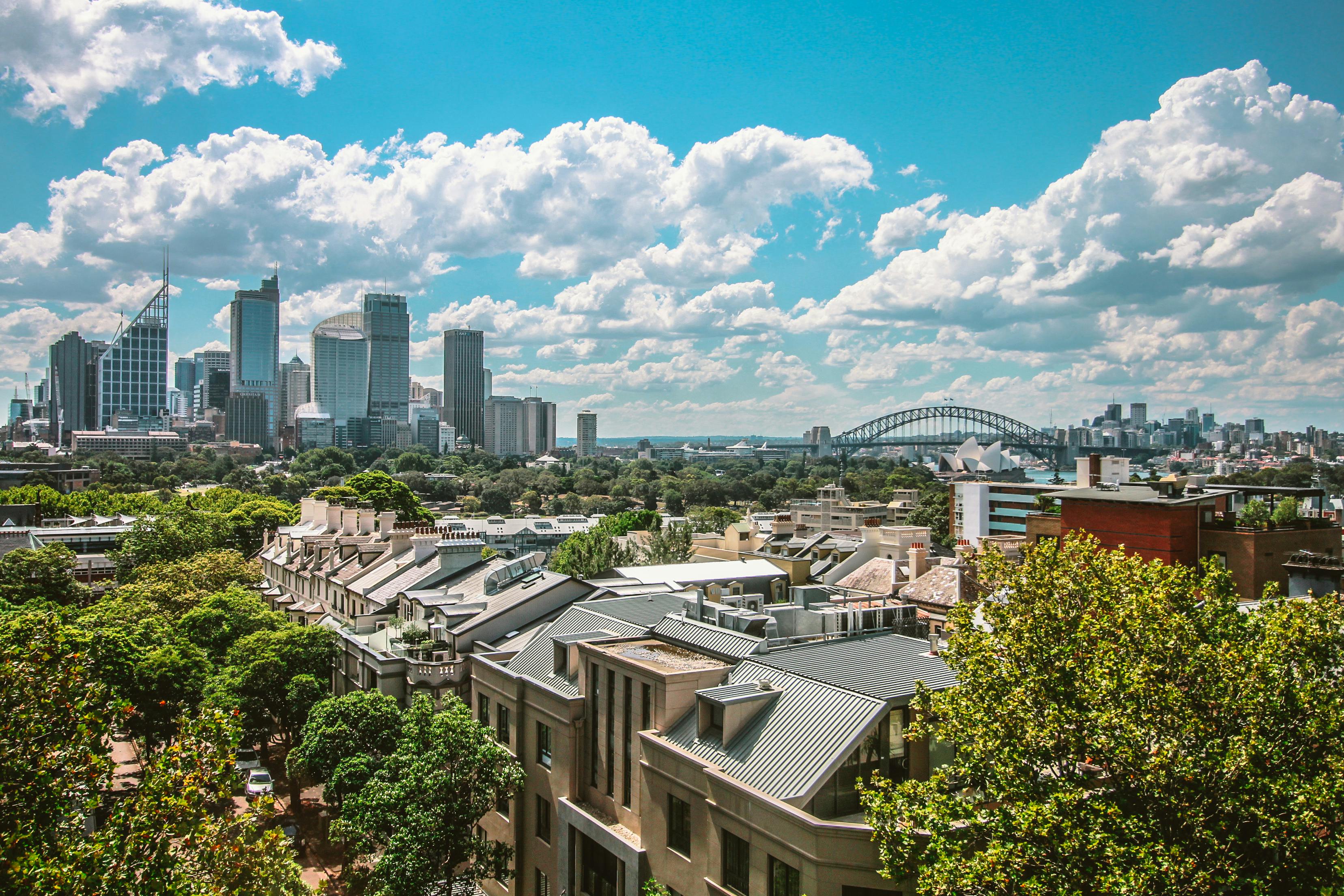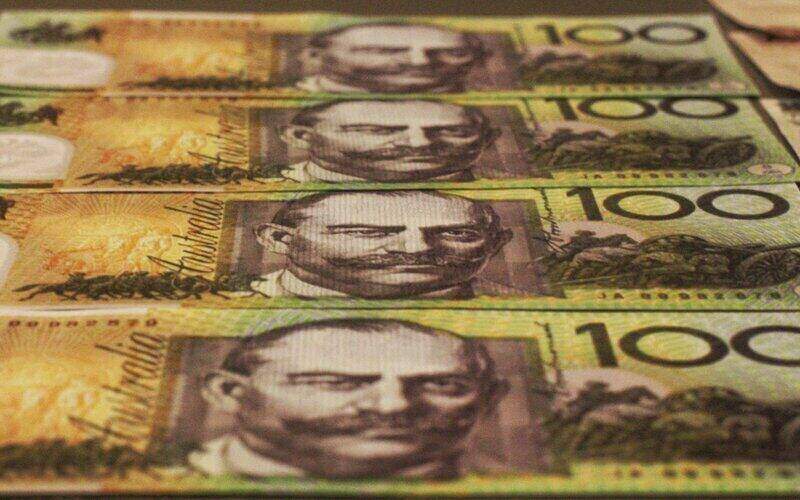This brings the cash rate to 0.35%, marking the first change since November 2020, and the first increase since November 2010.
Here's what it means for various sectors of the economy, as opined by the experts.
Housing market
The general consensus is that rising interest rates could take some heat out of the market, however it might not be doom and gloom like many suggest.
"Higher interest rates are set to add to the downwards pressure on housing growth rates, which were already losing steam or, as in the case of Sydney and Melbourne, trending into negative territory due to factors including affordability constraints, higher fixed term mortgage rates and lower levels of consumer sentiment," said Tim Lawless, research director of CoreLogic.
"As the cash rate normalises, we can expect housing markets to lose further momentum."
AMP Capital chief economist Dr Shane Oliver also weighed in.
"Rate hikes are unlikely to de-rail the economic recovery just yet as monetary policy is still very easy, but they will add to the slowdown in home prices, where we see average dwelling prices falling 10 to 15% into early 2024," Dr Oliver said.
SQM Research forecasts the cash rate to hit 1.00% by the end of the year, which could see capital city dwelling prices fall up to 4%.
Falls could be strongest in Melbourne (-8.0%), Sydney (-7.0%), and Darwin (-6.0%).
While Sydney and Melbourne could bear the brunt of the falls, other markets such as Brisbane are expected to be resilient, according to Real Estate Institute of Queensland CEO Antonia Mercorella.
"This is also where our relative affordability is an advantage, as our average home loan rate is much lower than in capital cities like Sydney and Melbourne, and so the impact will be felt less here," Ms Mercorella said.
Homebuyers and borrowers
Mr Lawless said economic conditions are generally still favourable for homebuyers, and many mortgagees are still well-ahead on their mortgage payments.
"Under a 100 basis point lift in variable mortgage rates, a new borrower in Sydney could be facing a rise in monthly mortgage costs of $486, while under a 200 basis point rise, monthly mortgage costs could be $1,005 higher than current levels," he said.
"Borrowers should be able to accommodate higher mortgage repayments costs, although such a rapid rate of inflation could create some challenges for borrowers with thinly stretched budgets.
"The recent rise in fixed term mortgage lending is another factor helping to insulate home owners from higher interest rates."
CommBank has approximately $89 billion in fixed home loans due to expire in 2023.
Futurerent CEO Godfrey Dinh said investor demand should continue to push along.
"Property investors who had purchased during this past cycle have enjoyed a dream run – rate reductions, rent increases and price growth," Mr Dinh said.
"As our borders open up and the market catches up with the lack of supply over the last few years, we expect to continue to see strong demand from investors seeking to capitalise on shifting market dynamics and the opportunities they present."
Savers
Savers should stand to benefit from the rate rise.
Ahead of the RBA's announcement, Judo Bank pushed term deposit rates above 4.00% p.a.
Late on Tuesday night NAB and Westpac announced they would raise rates on some savings account products.
"The historic low interest rates have been difficult for our savings and deposit customers, including more than 1.3 million customers with a reward saver account. We want to support them as interest rates rise again," said Rachel Slade, NAB's group executive of personal banking.
Construction sector
Housing Industry Association chief economist Tim Reardon said home building could slow off the back of the rate rises.
"[It sends] an important signal for homeowners and investors considering home purchase that the period of ultra-low interest rates is nearing an end," Mr Reardon said.
"Combined with the lagged impact of migration, the volume of homes commencing construction is expected to slow to more average levels by early 2024."
Foreign exchange
Westpac deputy head of research Robert Rennie said the Australian Dollar briefly grew stronger against the US Dollar after the RBA's announcement, but expects it to dip.
"We remain of the view that the broad US dollar rise looks set to continue through this week’s [US Federal Reserve] ‘super-tightening’ campaign and beyond," Mr Rennie said.
"With global growth weakening, the Australian Dollar should remain on the back foot in coming weeks and dips below 0.70 are possible."
The US Federal Reserve is also expected to increase its own cash rate in the coming days, which could weigh on the Aussie Dollar's strength.
Banks and lenders
Mathew Demetriou, Australia-New Zealand's general manager of decision analytics at Experian, said banks and lenders will need to do more to assess suitability of borrowers.
"This rate rise is a timely reminder to lenders of the importance of continuously profiling customers to assess and reassess their financial health and risk. Borrowers will be required to pay back more each cycle, and adjusting to new mortgage servicing costs could find themselves in financial stress," Mr Demetriou said.
"Lenders need to have processes in place that can monitor their customers' financial situation, meaning they can proactively support them if required and keep as many customers out of financial hardship as possible."
Advertisement
Buying a home or looking to refinance? The table below features home loans with some of the lowest interest rates on the market for owner occupiers.
| Lender | Home Loan | Interest Rate | Comparison Rate* | Monthly Repayment | Repayment type | Rate Type | Offset | Redraw | Ongoing Fees | Upfront Fees | Max LVR | Lump Sum Repayment | Extra Repayments | Split Loan Option | Tags | Features | Link | Compare | Promoted Product | Disclosure |
|---|---|---|---|---|---|---|---|---|---|---|---|---|---|---|---|---|---|---|---|---|
5.54% p.a. | 5.58% p.a. | $2,852 | Principal & Interest | Variable | $0 | $530 | 90% |
| Promoted | Disclosure | ||||||||||
5.49% p.a. | 5.40% p.a. | $2,836 | Principal & Interest | Variable | $0 | $0 | 80% |
| Promoted | Disclosure | ||||||||||
5.64% p.a. | 5.89% p.a. | $2,883 | Principal & Interest | Variable | $250 | $250 | 60% |
| Promoted | Disclosure | ||||||||||
5.64% p.a. | 5.89% p.a. | $2,883 | Principal & Interest | Variable | $248 | $350 | 60% |
| Disclosure |
Photo by Jason Dent on Unsplash

Ready, Set, Buy!
Learn everything you need to know about buying property – from choosing the right property and home loan, to the purchasing process, tips to save money and more!
With bonus Q&A sheet and Crossword!





.jpg)

 Denise Raward
Denise Raward
 Harry O'Sullivan
Harry O'Sullivan
 Bea Garcia
Bea Garcia
 Emma Duffy
Emma Duffy
 Brooke Cooper
Brooke Cooper

